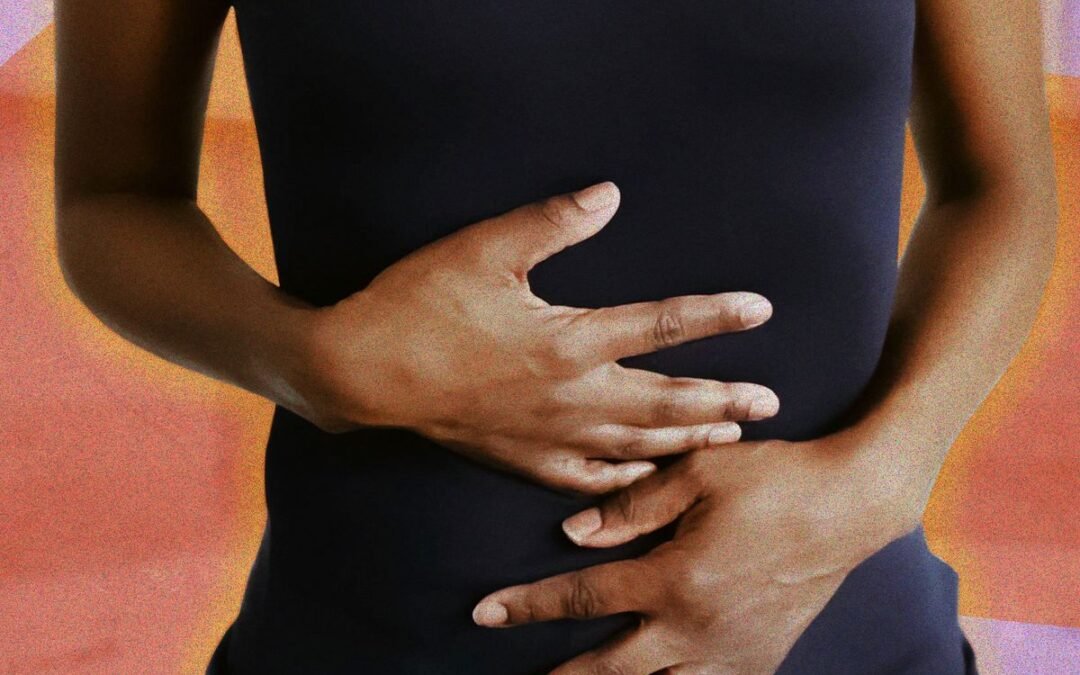Fibroids, also known as uterine leiomyomas, are noncancerous growths that develop in the uterus. They are made up of muscle and fibrous tissue and can vary in size and number. While many women with fibroids may not experience any symptoms, some may have heavy menstrual bleeding, pelvic pain, frequent urination, or pressure in the abdomen. In some cases, fibroids can also lead to fertility issues or complications during pregnancy.
Types of Fibroids
There are three main types of fibroids: intramural, submucosal, and subserosal.
Intramural fibroids are the most common type and grow within the muscular wall of the uterus. They can cause the uterus to become enlarged and may lead to heavy or prolonged menstrual bleeding.
Submucosal fibroids develop in the inner lining of the uterus and can protrude into the uterine cavity. These types of fibroids may cause heavy menstrual bleeding and infertility.
Subserosal fibroids grow on the outer surface of the uterus and can press on nearby organs, causing pelvic pain or pressure. These fibroids may also lead to fertility issues if they interfere with the fallopian tubes or the positioning of the uterus.
How Common Are Fibroids?
Fibroids are quite common, affecting up to 80% of women by the age of 50. They are most frequently diagnosed in women aged between 30 and 40, but can develop at any age. While the exact cause of fibroids is not known, they are believed to be influenced by hormonal factors, genetics, and environmental factors.
Can Fibroids Decrease Fertility?
Fibroids can affect fertility in several ways. Depending on their size and location, fibroids may interfere with the implantation of a fertilized egg, block the fallopian tubes, or distort the shape of the uterus, making it difficult for a pregnancy to occur. In some cases, fibroids can also contribute to recurrent miscarriages and lead to inflammation or scarring in the uterus, further complicating fertility.
When Should I See a Doctor?
If you are experiencing symptoms such as heavy menstrual bleeding, pelvic pain, or difficulty getting pregnant, it is important to see a doctor for evaluation. Your doctor can perform a physical exam, ultrasound, or other imaging tests to confirm the presence of fibroids and recommend appropriate treatment options. Early diagnosis and treatment of fibroids can help prevent complications and improve fertility outcomes.
What Can Happen with Fibroids During Pregnancy?
While many women with fibroids are able to conceive and have a successful pregnancy, fibroids can increase the risk of certain complications. Depending on the size and location of the fibroids, they may cause issues such as miscarriage, preterm labour, placental abruption, or breech presentation. In some cases, fibroids may grow during pregnancy due to hormonal changes, leading to discomfort or complications.
Top Tips on Getting Pregnant with Fibroids
If you have fibroids and are trying to conceive, there are several steps you can take to improve your chances of a successful pregnancy:
Seek medical advice: Consult with your healthcare provider to determine the impact of fibroids on your fertility and discuss possible treatment options.
Monitor your symptoms: Keep track of any changes in your menstrual cycle, pelvic pain, or other symptoms related to fibroids.
Maintain a healthy lifestyle: Eat a balanced diet, exercise regularly, and manage stress to support overall reproductive health.
Consider fertility treatments: In some cases, assisted reproductive technologies such as IVF may be recommended to overcome fertility challenges related to fibroids.
FAQs
Can sperm cause fibroids to grow?
No, sperm cannot cause fibroids to grow. Fibroids are noncancerous growths that develop in the uterus and are influenced by hormonal factors, genetics, and other environmental factors.
How soon can you get pregnant after fibroid removal?
It is possible to conceive shortly after fibroid removal, depending on the size and location of the fibroids and the type of treatment used. Your healthcare provider can provide guidance on when it is safe to try for pregnancy after fibroid removal.
How long after fibroid removal can I do IVF?
The timing of IVF after fibroid removal may vary depending on individual circumstances. Your doctor can determine when it is appropriate to pursue IVF treatment based on your fertility status and recovery from fibroid removal surgery.
Can you retrieve eggs with fibroids?
In some cases, fibroids may not interfere with egg retrieval procedures for IVF or other fertility treatments. However, the presence of fibroids may require careful monitoring and management to optimize treatment outcomes. Discuss any concerns with your healthcare provider before undergoing egg retrieval procedures.
IVF clinics, best IVF clinic, IVF in England, best IVF center, ivf center, what is icsi, IVF, egg donation, sperm donation, artificial insemination, IVF treatment, IVF procedure, IVF clinics, fertility clinic, fertility, infertility treatment, assisted reproductive technology, egg retrieval, embryo transfer, IVF success rates, fertility specialist, IVF cost, male infertility, female infertility, IVF process, preimplantation genetic testing, frozen embryo transfer, IVF alternatives, borrowed eggs, embryologists, group fertility, gynecological care, diagnostic testing, egg donation, ivf egg donation, medicinal stimulation, assisted reproduction, genetic diagnosis, preimplantation genetic diagnosis, ovarian stimulation
IVF clinics, best IVF clinic, IVF in England, best IVF center, ivf center, what is icsi, IVF, egg donation, sperm donation, artificial insemination, IVF treatment, IVF procedure, IVF clinics, fertility clinic, fertility, infertility treatment, assisted reproductive technology, egg retrieval, embryo transfer, IVF success rates, fertility specialist, IVF cost, male infertility, female infertility, IVF process, preimplantation genetic testing, frozen embryo transfer, IVF alternatives, borrowed eggs, embryologists, group fertility, gynecological care, diagnostic testing, egg donation, ivf egg donation, medicinal stimulation, assisted reproduction, genetic diagnosis, preimplantation genetic diagnosis, ovarian stimulation
IVF clinics, best IVF clinic, surrogacy in Argentina, IVF in England, best IVF center, ivf center, what is icsi, IVF, egg donation, sperm donation, artificial insemination, IVF treatment, IVF procedure, IVF clinics, fertility clinic, fertility, infertility treatment, assisted reproductive technology, egg retrieval, embryo transfer, IVF success rates, fertility specialist, IVF cost, male infertility, female infertility, IVF process, preimplantation genetic testing, frozen embryo transfer, IVF alternatives, borrowed eggs, embryologists, group fertility, gynecological care, diagnostic testing, egg donation, ivf egg donation, medicinal stimulation, assisted reproduction, genetic diagnosis, preimplantation genetic diagnosis, ovarian stimulation
IVF clinics, best IVF clinic, IVF in England, best IVF center, ivf center, what is icsi, IVF, egg donation, sperm donation, artificial insemination, IVF treatment, IVF procedure, IVF clinics, fertility clinic, fertility, infertility treatment, assisted reproductive technology, egg retrieval,
embryo transfer, IVF success rates, fertility specialist, IVF cost, male
infertility, female infertility, IVF process, preimplantation genetic testing, frozen embryo transfer, IVF alternatives, borrowed eggs, embryologists, group fertility, gynecological care, diagnostic testing, egg donation, ivf egg donation, medicinal stimulation, assisted reproduction, genetic diagnosis, preimplantation genetic diagnosis, ovarian stimulation






